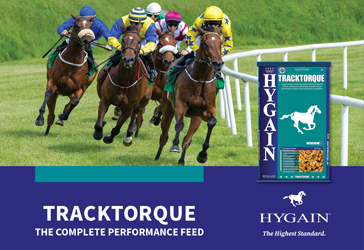Industry Notice: Japanese Encephalitis
Industry participants are advised that Japanese Encephalitis (JE) has been identified in a commercial piggery in South Australia. JE is an Emergency Animal Disease and is notifiable as it can be spread to humans by infected mosquitoes, but occurs most commonly in pigs and horses.
JE is an acute mosquito-borne viral disease with a natural transmission cycle in waterbirds. Disease can occur in pigs and horses when bitten by infected mosquitoes.
It is important to note that direct horse to horse or horse to human transmission does not occur.
In horses, the disease is typically mild with symptoms including fever, lethargy and reduced appetite. Jaundice and neurological signs, such as unsteadiness or difficulty swallowing may develop in more severely affected cases.
Basic measures that can be taken to reduce the risk of exposure of horses to mosquitos include:
- Using physical barriers such as light rugs and hoods during peak periods of mosquito activity (between dusk and dawn)
- Reducing mosquito breeding sites on the premises by removing standing water
- Using fans and automatic overhead misting systems to reduce mosquito numbers in stables
- Using mosquito repellents; and
- If possible, housing horses in mosquito-screened stables
It is thought that recent heavy rains and higher than average rainfall in Australia have provided ideal conditions for mosquitoes to breed.
More information relating to Japanese Encephalitis in animals can be found here.
More information relating to Japanese Encephalitis in humans can be found here.
How to identify the disease in horses:
- In horses many cases are subclinical, meaning that they can be infected but not show signs of the disease. Most clinical disease is mild, however more severe encephalitis can occur which may be fatal.
- Signs include an elevated temperature, jaundice (yellow gums, whites of the eye etc.), lethargy, anorexia (loss of appetite) and neurological signs which can vary in severity.
- Neurological signs can include incoordination, difficulty swallowing, impaired vision and agitation.
- While reports of the disease in other species are rare, overseas the disease has been reported in donkeys.
- Horses are known to be a ‘dead end host’. They do not carry a blood infection that will reinfect mosquitoes.
JE virus is a nationally notifiable disease which means if you suspect an animal is showing signs of the disease, you must report it.
To report suspicions for Japanese Encephalitis infection, contact your vet or ring the emergency animal disease hotline on 1800 675 888 - This will put you in touch with your state or territory’s agriculture department.
Racing SA Equine Welfare Officer – John Cornell (0467 244 300); or the Stewards – General Manager Integrity/Chairman of Stewards – Johan Petzer (0488 990 750) can also be contacted.





